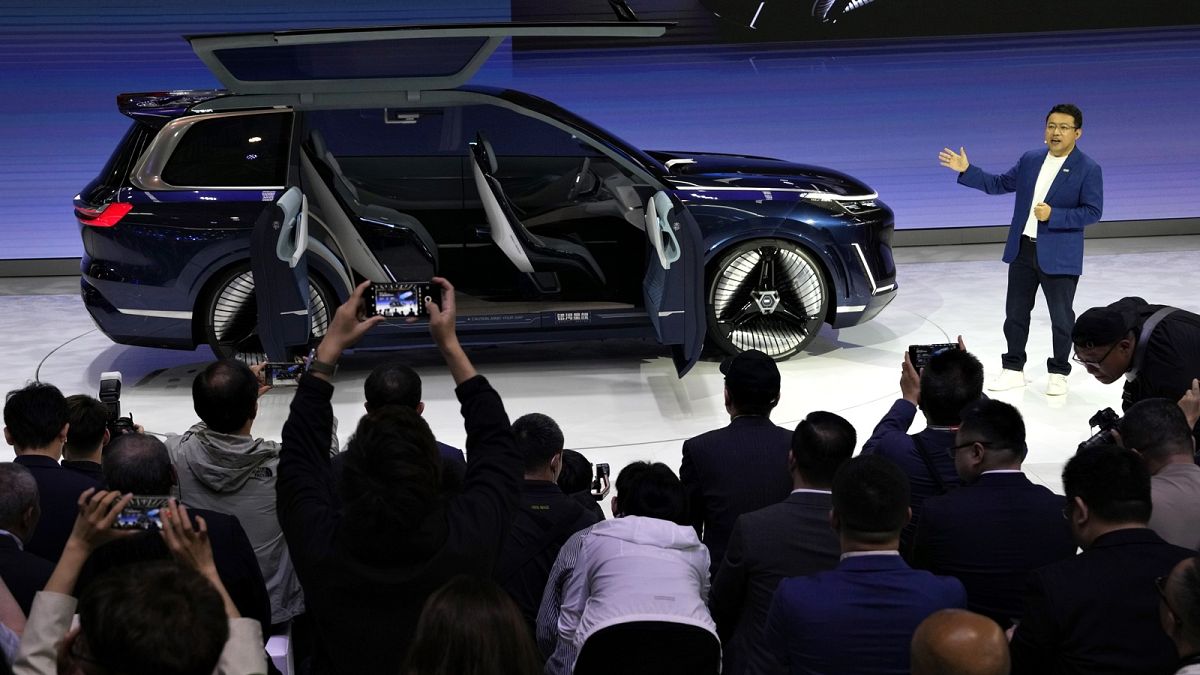Negotiations between Brussels and Beijing over electric vehicles have reached a critical point as a make-or-break vote approaches. The European Commission rejected an offer from Chinese EV manufacturers to close the price gap between them and European competitors. This gap is seen as the result of hefty subsidies given by Beijing to its EV sector. Price undertakings, a tool used to escalate prices and control export volumes, were in question. The rejection of the offers indicates the need for a political solution to address the extensive subsidization in China.
After a thorough investigation, the Commission found comprehensive public funding in the Chinese EV supply chain, threatening European firms economically. Proposed additional duties, ranging from 7.8% to 35.3%, were introduced to level the playing field between EU and Chinese manufacturers. Brands like BYD, Geely, and SAIC will face increased tariffs. Negotiations are intensifying as the two sides prepare for a crucial vote by member states to make the tariffs permanent for five years. A meeting between Valdis Dombrovskis and Wang Wentao is scheduled, underscoring the gravity of the talks.
Spanish Prime Minister Pedro Sánchez’s public call to reconsider the proposed tariffs on China-made EVs came as a surprise to the Commission. Sánchez had initially supported the anti-subsidy measures, but his recent statements have led to concerns over unity within the EU. Germany, a key player in the automotive industry, is also under pressure to oppose the tariffs. Sánchez’s remarks have raised fears of China exploiting potential division within the EU, a tactic that has been warned against by European Commission President Ursula von der Leyen.
The rejection of the Chinese manufacturers’ offer and the subsequent push for additional duties highlight the need for a fairer competitive landscape within the EV market. Talks between Brussels and Beijing are crucial in finding a resolution to the ongoing dispute. Maintaining unity among member states is essential in preventing China from using divide-and-conquer tactics. The focus remains on addressing the illegal subsidies identified in the anti-subsidy investigation and finding a negotiated solution with the Chinese authorities.
The upcoming vote on whether to make the tariffs permanent will require a qualified majority from member states. Spain’s change of stance could impact the outcome, given its substantial weight within the EU. Moving forward, finding common ground between the EU and China is crucial to avoid escalating trade tensions. As negotiations enter the final stretch, a diplomatic solution that addresses the concerns of both parties is necessary to ensure a fair and sustainable future for the EV market.










